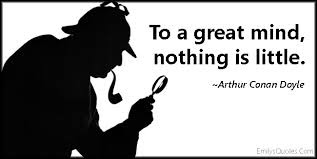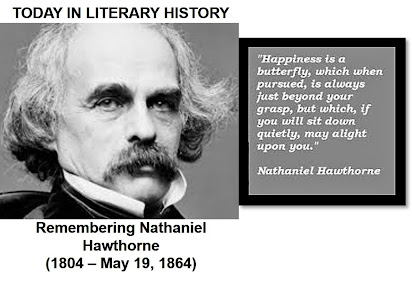
G.K. Chesterton was a fascinating figure in literary history, known for his wit, intellect, and prolific writing career a lay theologian, poet, philosopher, dramatist, journalist, orator, literary and art critic, biographer, and Christian apologist. Chesterton is often referred to as the "prince of paradox." Time magazine has observed his writing style: "Whenever possible Chesterton made his points with popular sayings, proverbs, allegories—first carefully turning them inside out." Chesterton's writing had a significant impact on various literary figures, including J.R.R. Tolkien and C.S. Lewis. Both Tolkien and Lewis credited Chesterton's works as influential in their own writings and philosophical development. Did You Know..... ..... Chesterton was a large man, standing at around 6 feet 4 inches (193 cm) tall and weighing over 300 pounds He had a unique and memorable physical presence, often described as "bear-like" or "giant....





